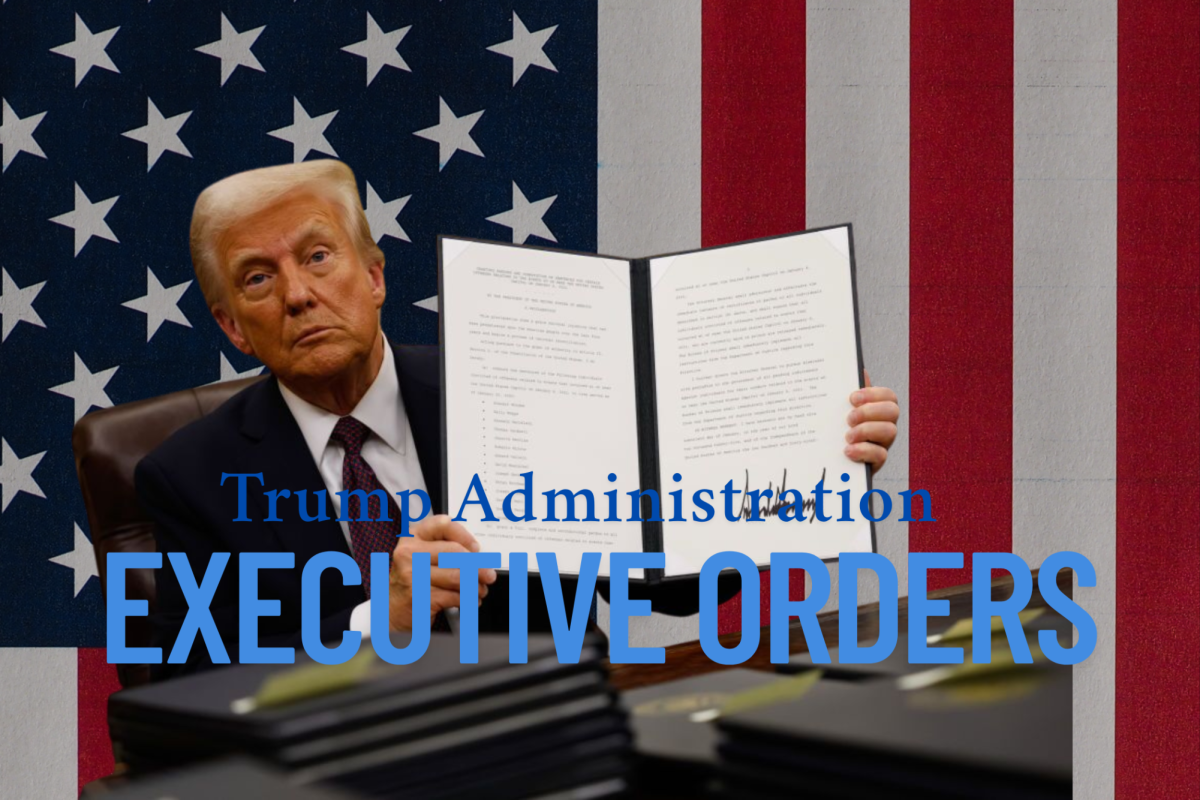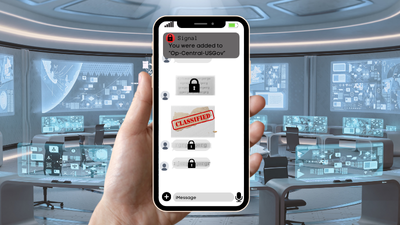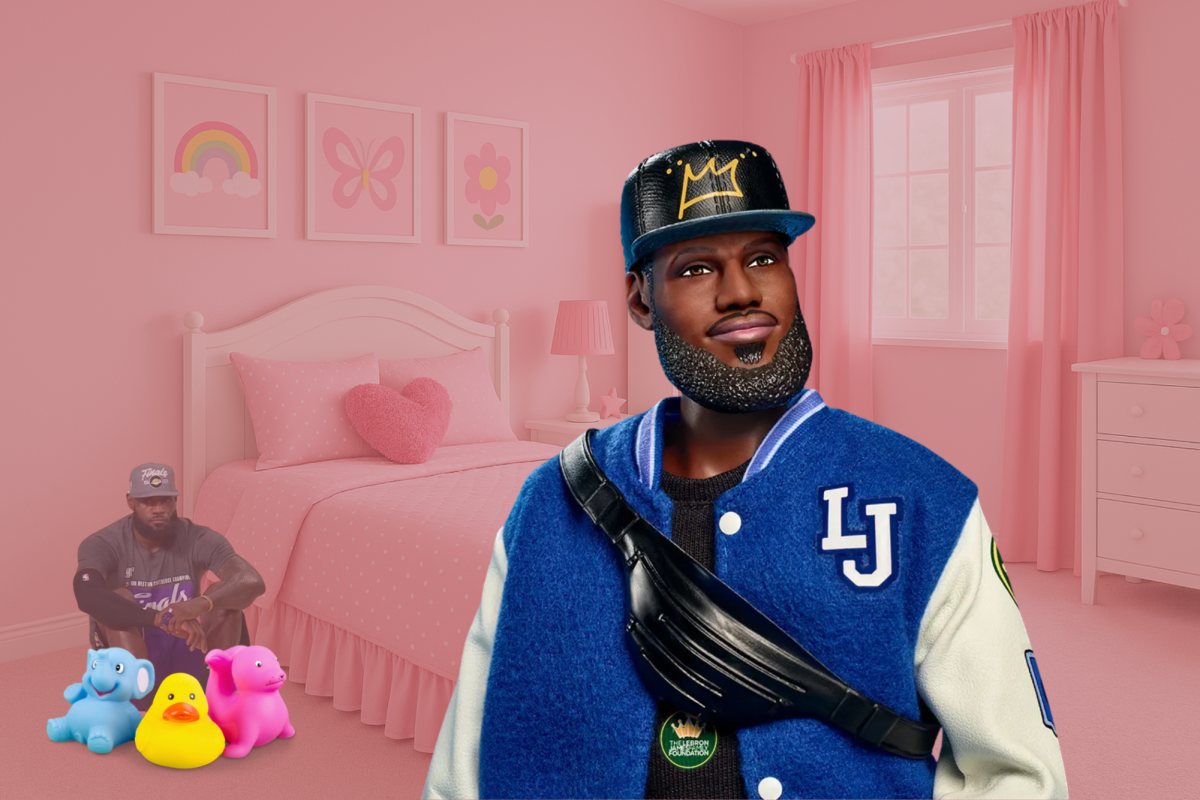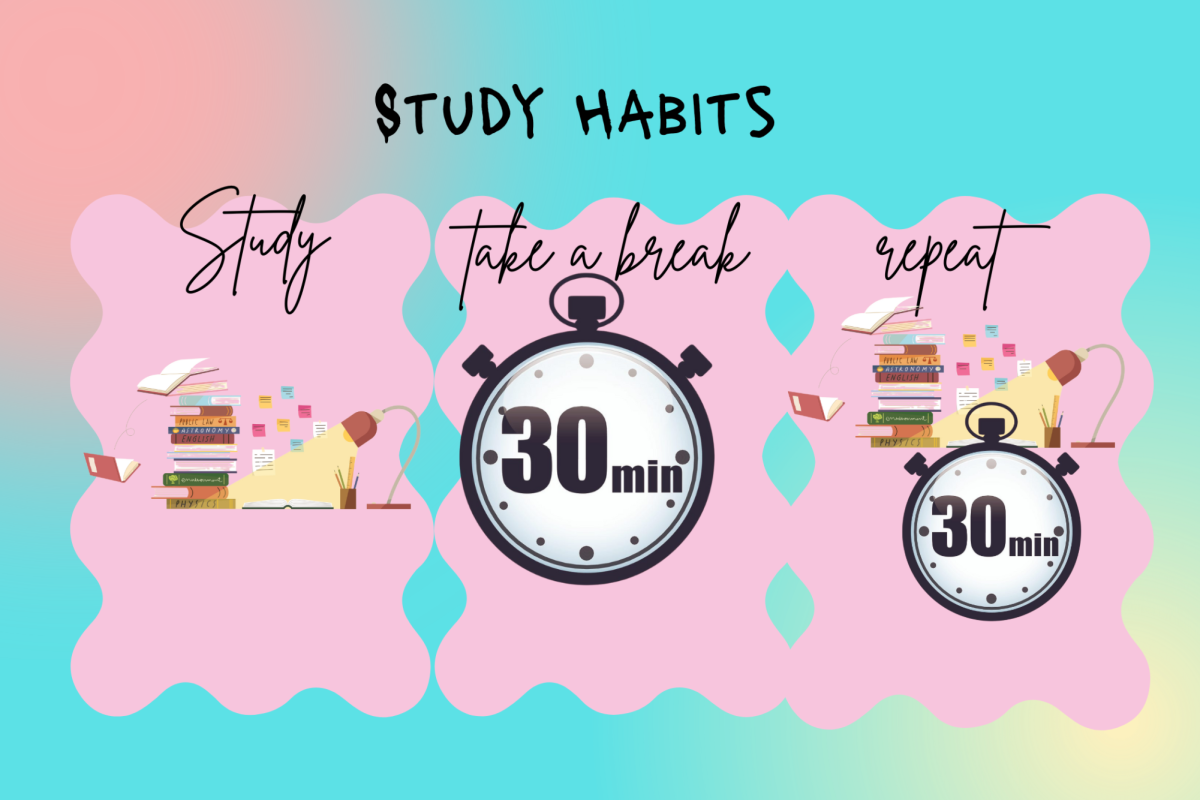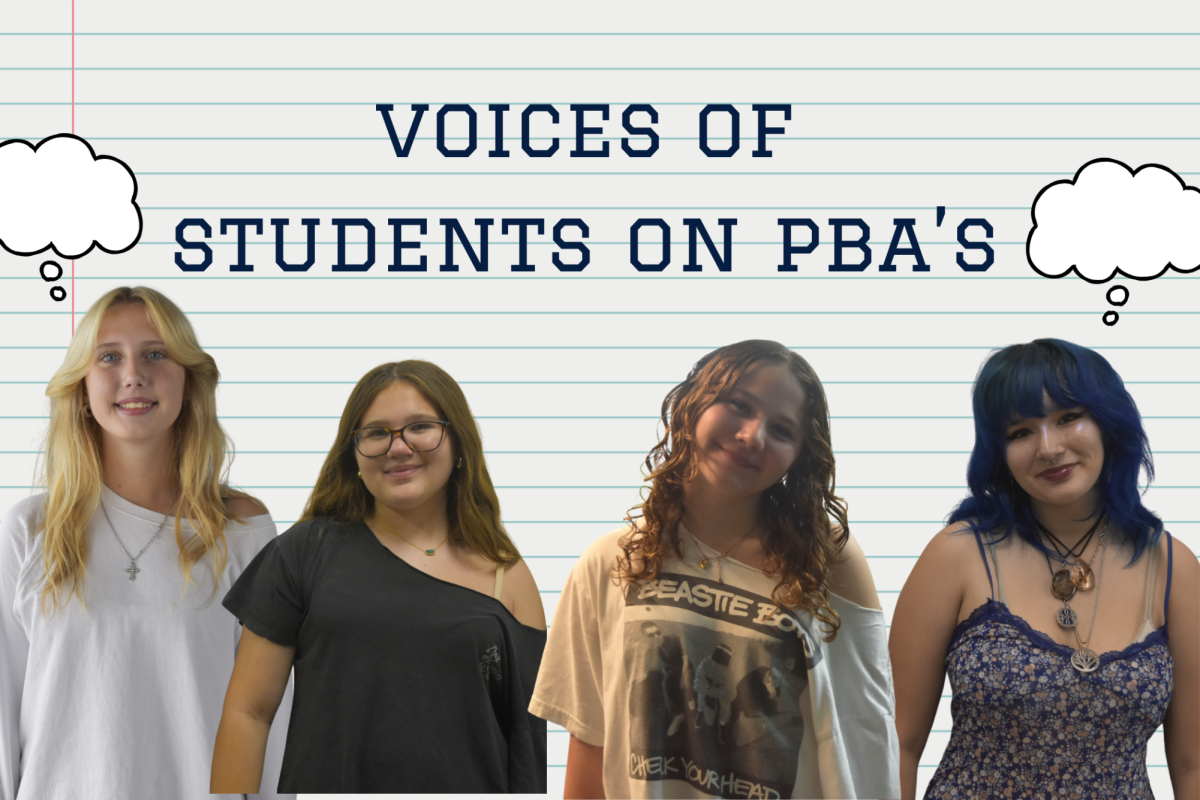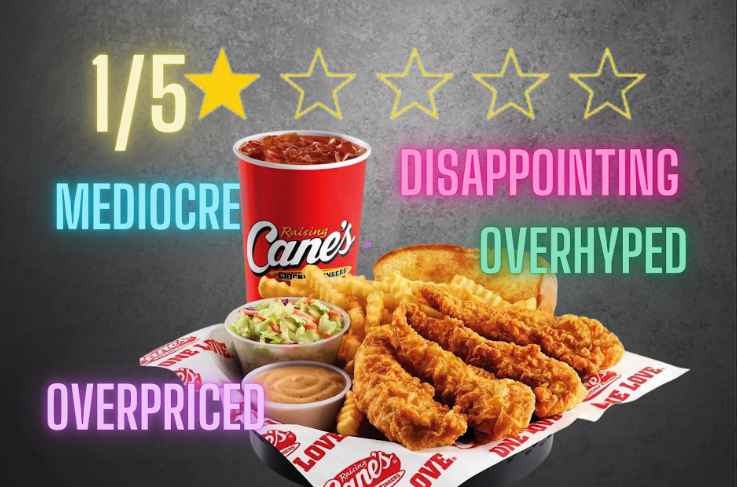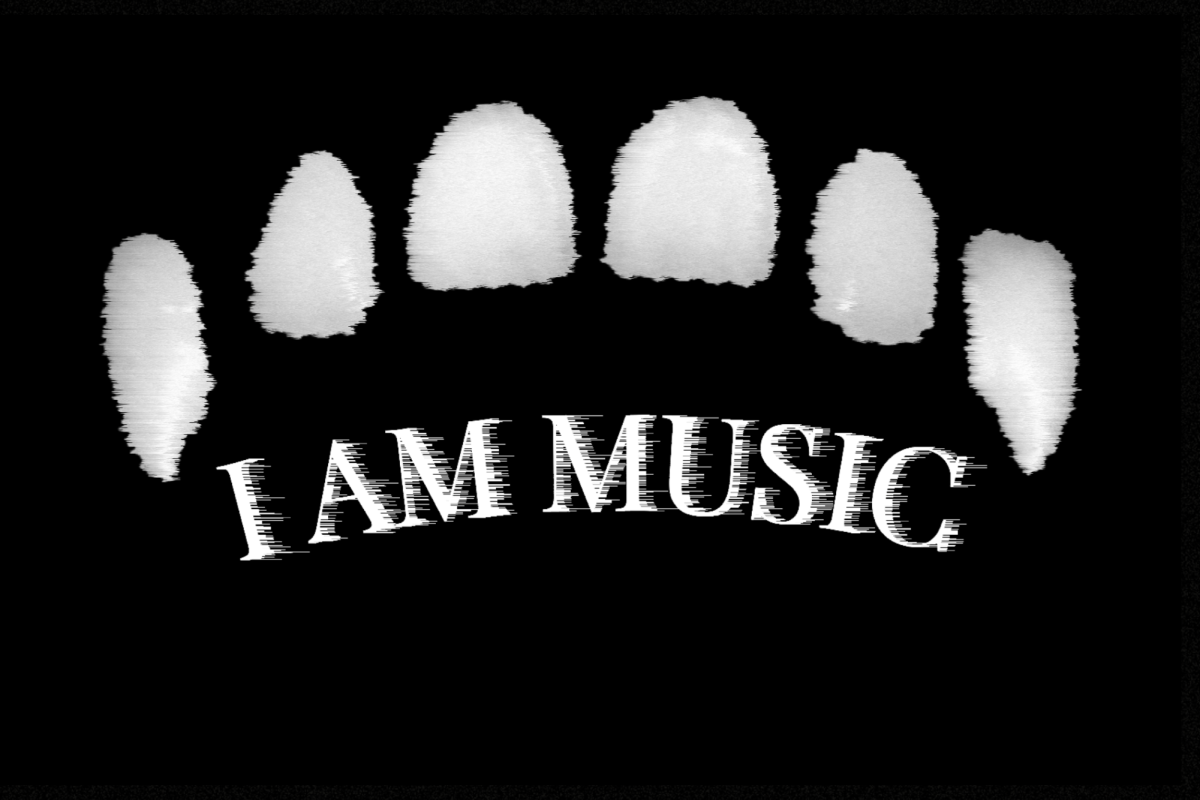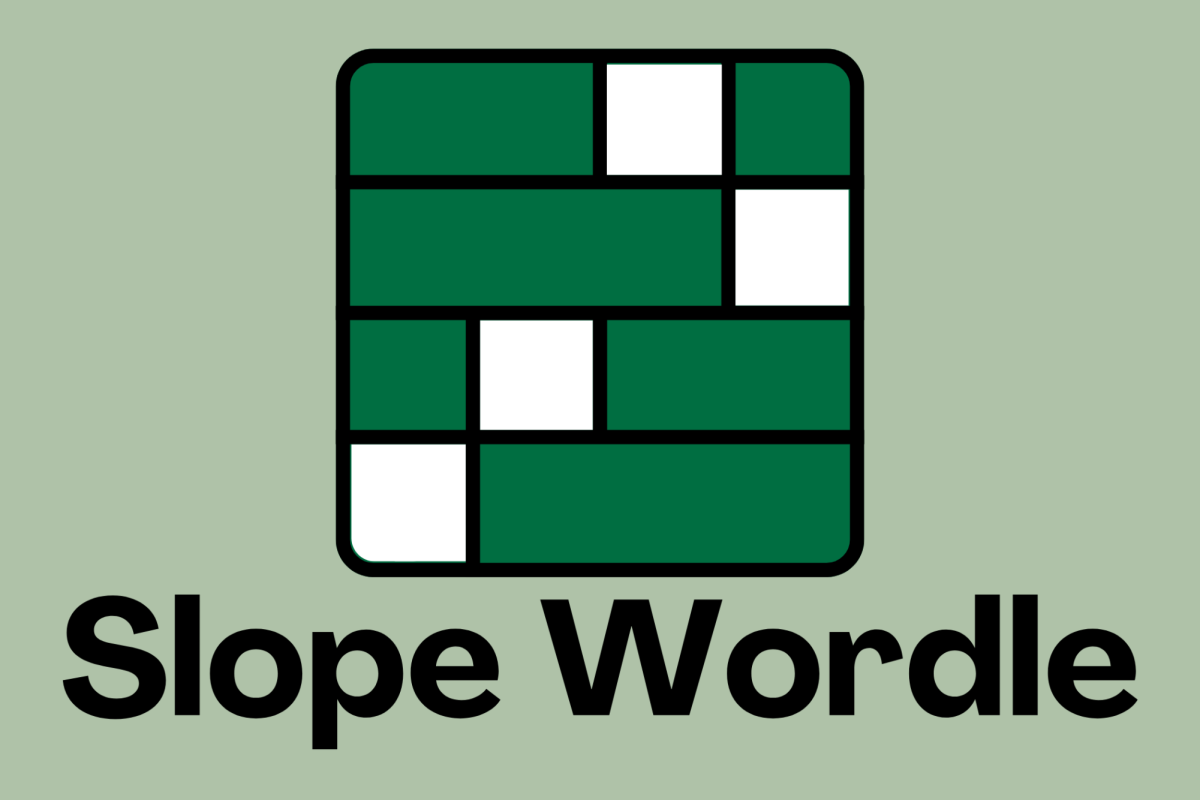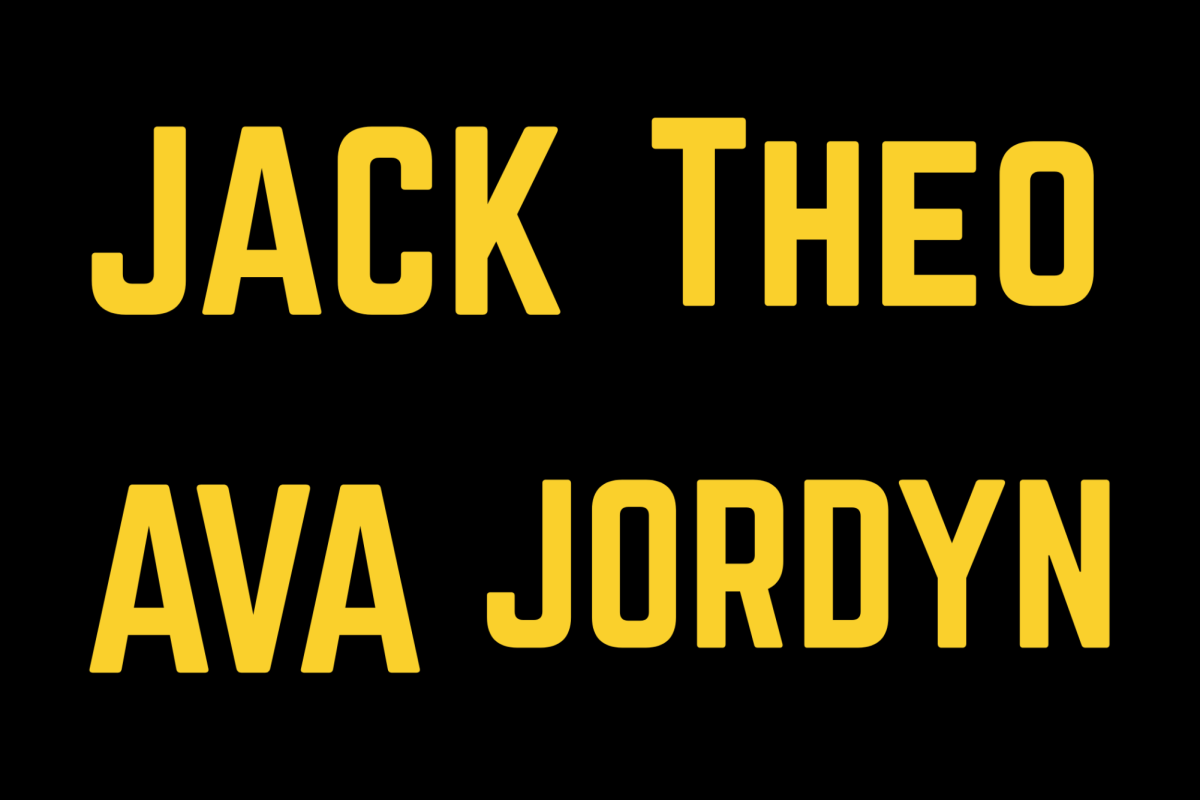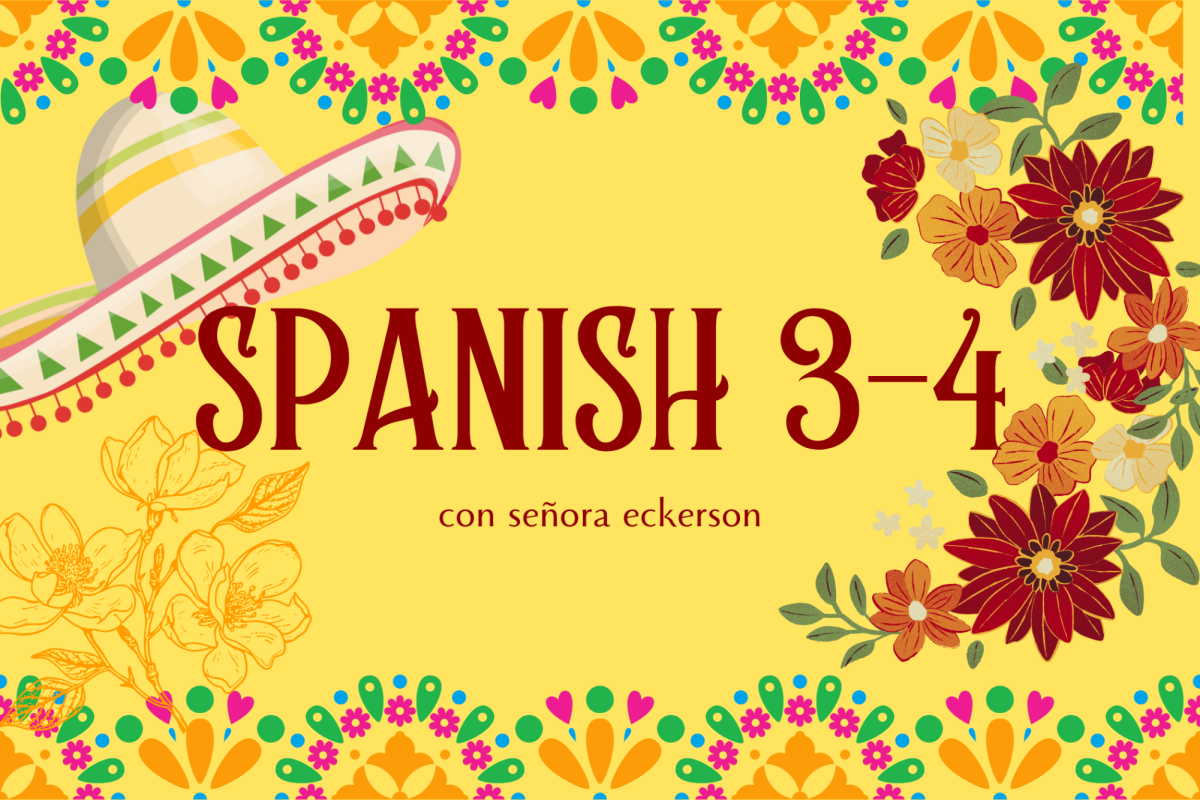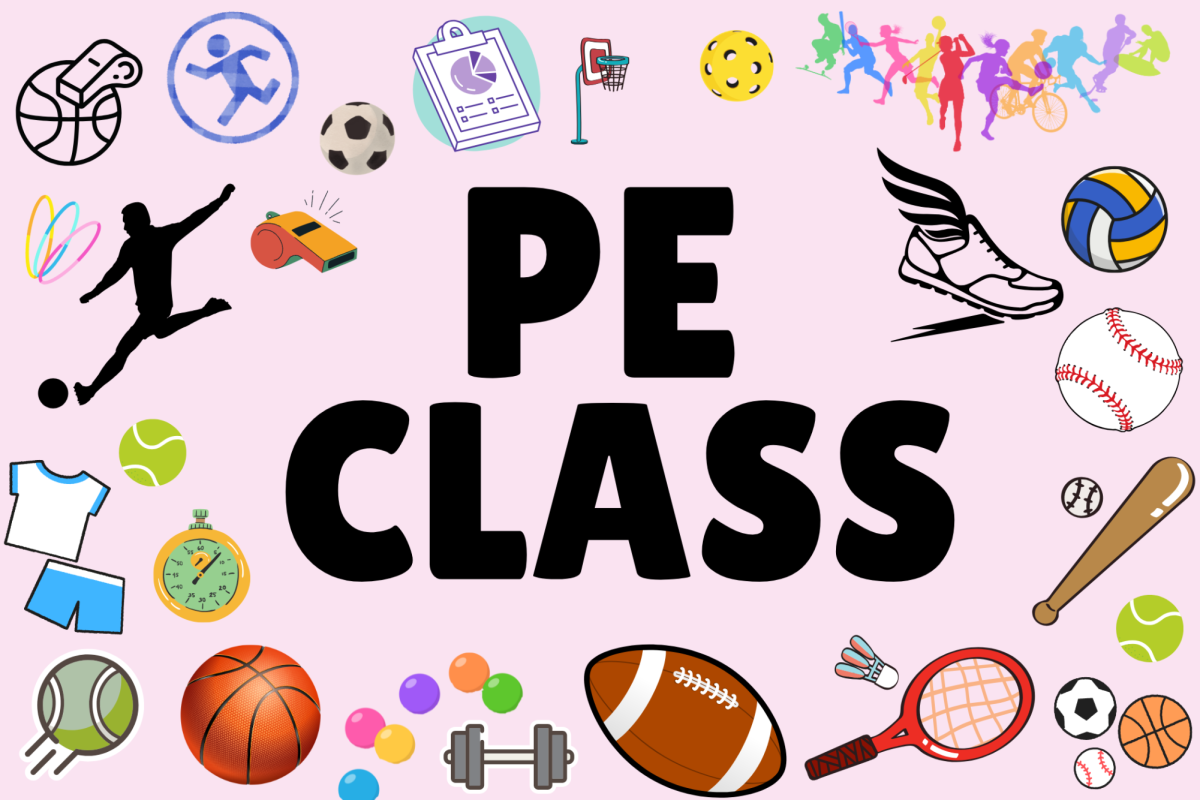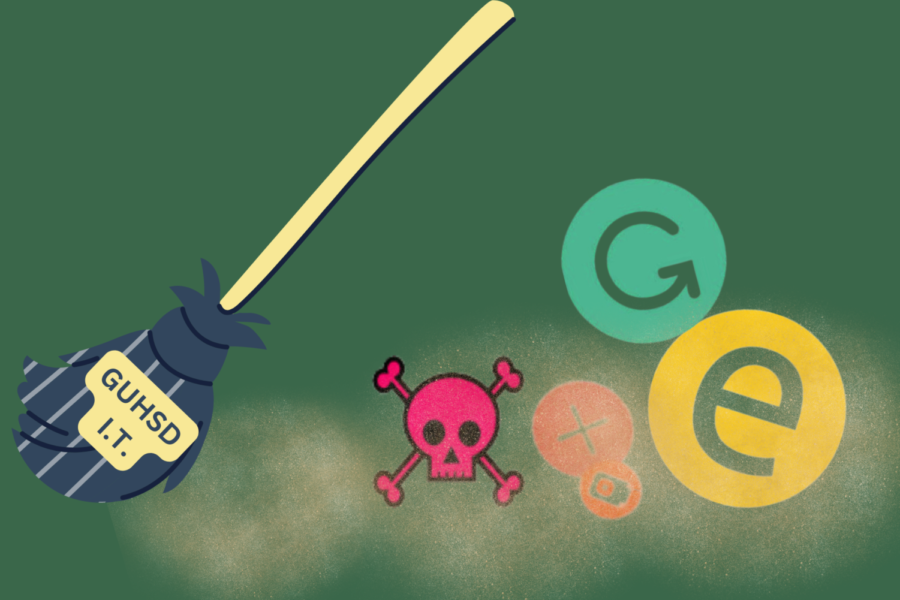GUHSD Reels Back Chromebook Plugin Usage
April 6, 2023
Glendale Union High School District removed Chromebook extensions on school-issued computers over spring break after years of inappropriate usage by students reported by staff.
Chromebook extensions are shortcuts to apps, themes, and more, that used to sit in the top right corner of student chromebooks at the end of the search bar.
“They can do a multitude of things on Chrome. They can hide tabs that kids are working on, they can perform actions for people, they can do all sorts of things,” said Assistant Principal Demetria Andrews.
These little icons can be useful as well as nefarious for highschoolers.
Students using tools like Grammarly or Google Translate seem to be an honest and simple use of technology to help them in school.
“There’s some that help with like dyslexic readers, it’s anything that you can download to help with your Google experience,” said Peyton Pincoff,Campus Technology Assistant.
Unfortunately, many students saw the extensions as a chance to cheat their way through tests or get away with playing games during class.
“IT is struggling to keep kids on task during class because there’s a whole lot of extensions that allow people to hide what they’re doing,” said Andrews.
Because of this, the extensions were removed in efforts to better keep students on task in school. While this may not solve all of Sunnyslope’s problems with students using chromebooks inappropriately, it is definitely “a step in the right direction,” said Pinchoff.
Another reason for the removal of extensions is simply for the safety of the students.
“Chrome extensions can include malware as well,” Andrews said.
Malware is software that is designed to cause damage to people who download it; it often looks safe, but the creators are tricking users.
“I know when I was in the IT department we had a teacher whose account was completely taken over because of malware from a Chrome Extension and then they started spamming the entire district with Google Docs and stuff so they can be dangerous too. Not just time wasters,” said Andrews.
Because the staff know that there are a plethora of extensions that can be really helpful and productive for students to use, some extensions will remain available to students and there is a process to have others allowed on the school’s chromebooks.
“Anything that has been formerly approved by our curriculum and instruction department will be allowed and then everything else will be blocked, and then there’s a process to make a request to have things unblocked,” said Andrews.
For this to happen, first a teacher needs to submit a ticket including the use and functionality of the extension. From there the ticket will be sent to the curriculum coordinator for review which can take at least a couple of weeks of processing before a decision is made.
The district made this decision with the students in mind first and foremost, and hopes that it will lead to a more successful and productive learning environment.







